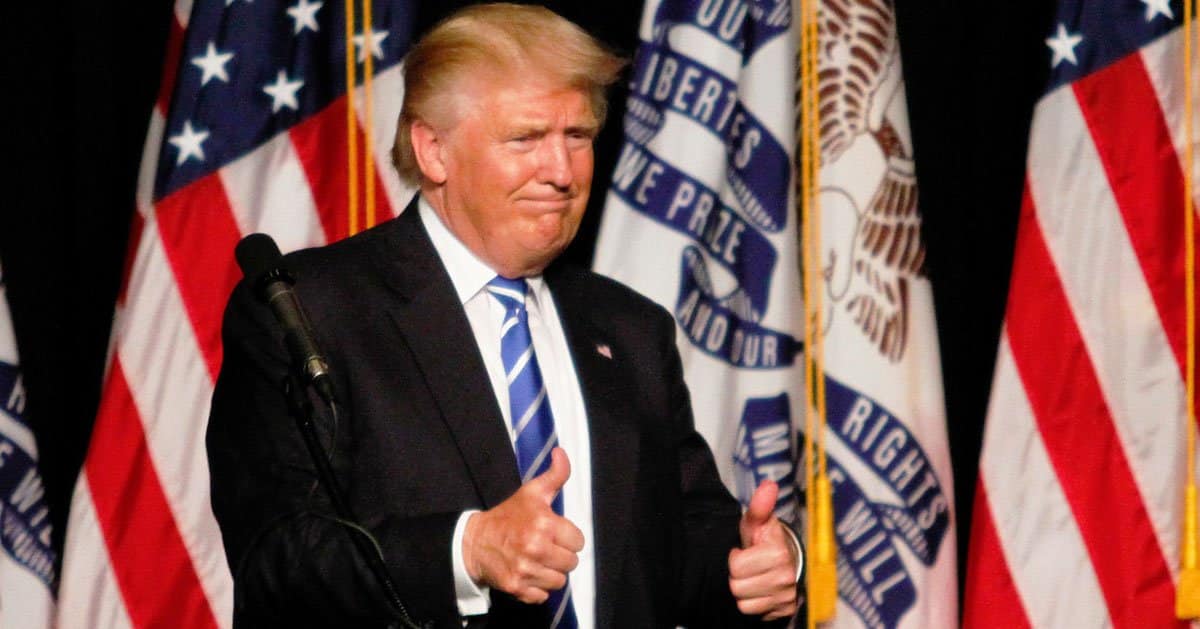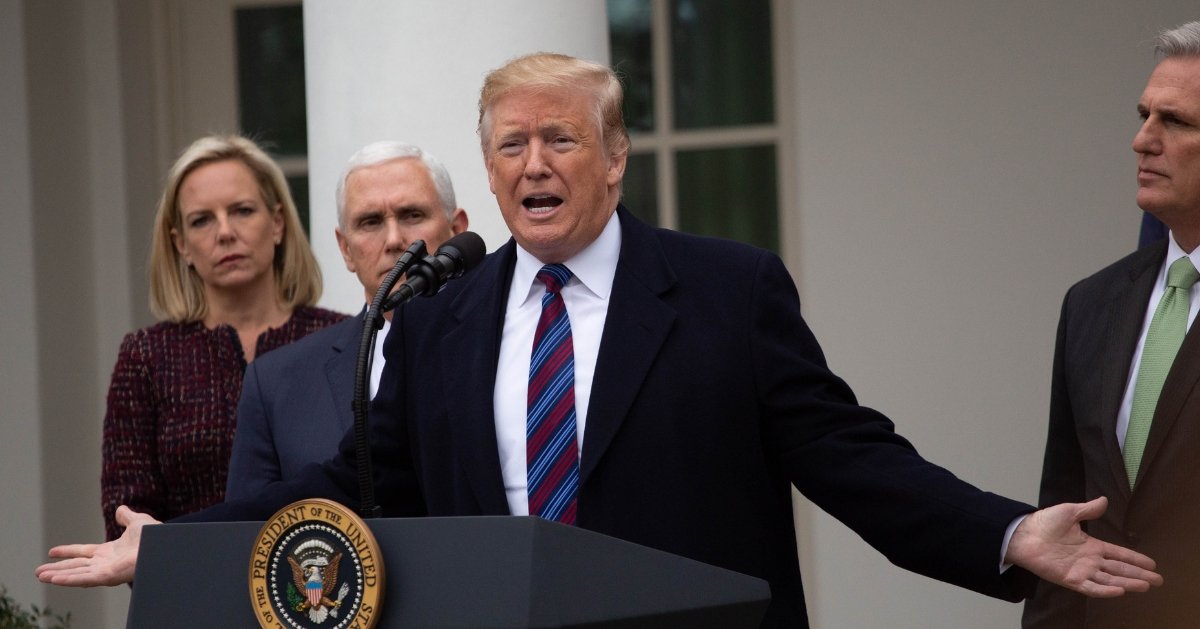






Hollywood's double standards just got a spotlight brighter than a late-night monologue, as Roseanne Barr calls out Disney and ABC for what she sees as unfair treatment compared to Jimmy Kimmel's swift return to TV.
Breitbart reported that Barr, now 72, unleashed her frustration after her sitcom "Roseanne" was axed by ABC—a Disney subsidiary—in 2018 over a controversial social media post, while Kimmel faced a mere week-long suspension for his own inflammatory remarks before resuming his late-night gig on Tuesday night.
Let's rewind to 2018, when Barr's career took a nosedive after a tweet critiquing Valerie Jarrett, a former advisor to Barack Obama, with references to the Muslim Brotherhood and "Planet of the Apes."
Despite Barr's immediate apology, calling her post a "bad joke" in poor taste and even citing the influence of Ambien, ABC pulled the plug on her hit show faster than a network exec dodging a bad PR day.
The fallout was brutal for Barr, who claims her life and work were obliterated with no chance for redemption, while being branded with labels she fiercely disputes.
"I got my whole life ruined," Barr lamented, a statement that carries the weight of a career derailed by a single misstep in the unforgiving court of public opinion.
Fast forward to last week, when Jimmy Kimmel stirred his own pot of trouble on ABC with comments about President Donald Trump and his allies, accusing them of exploiting a tragic death for political gain.
Kimmel's jab—likening Trump's response to "how a four-year-old mourns a goldfish"—didn't sit well with ABC affiliate Nexstar, which yanked him off their stations, labeling the remarks "offensive and insensitive" during a tense national dialogue.
Yet, after a brief suspension of less than a week, Kimmel was back on air Tuesday night, a return so swift it might make one wonder if ABC handed him a get-out-of-jail-free card.
Nexstar, to their credit, expressed a hope to steer toward "respectful, constructive dialogue," but Barr sees a glaring inconsistency in how Disney and ABC handle their stars' missteps.
"It's a double standard," Barr declared, pointing out that her own apology and explanations were drowned out by permanent cancellation, while Kimmel's slap on the wrist barely slowed his stride.
One can't help but raise an eyebrow at the contrast—Barr's show was a cultural juggernaut for many working-class viewers, yet it vanished overnight, while Kimmel's return feels like a shrug from the corporate suits.
From a conservative lens, this saga reeks of selective outrage, where certain voices are silenced under the guise of propriety. In contrast, others skate by on the same ice—perhaps because their targets align with a more progressive narrative.
Barr's pain is palpable as she notes how her mistake was framed as unforgivable, while Kimmel's audience likely cheered his comeback as a victory lap against political foes, a celebration she predicts will embolden his small but vocal fan base.
Ultimately, this isn't just about two TV personalities; it's about whether Hollywood's gatekeepers play by consistent rules or bend them based on whose politics they favor, a question that deserves more than a canned corporate statement as America watches and waits for fairness.



